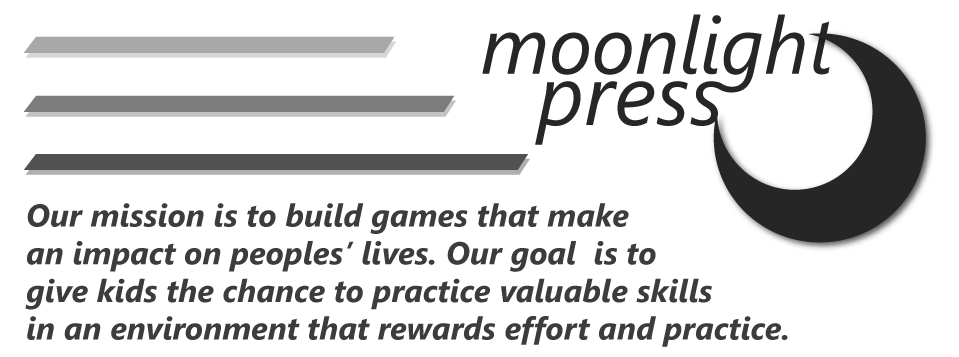
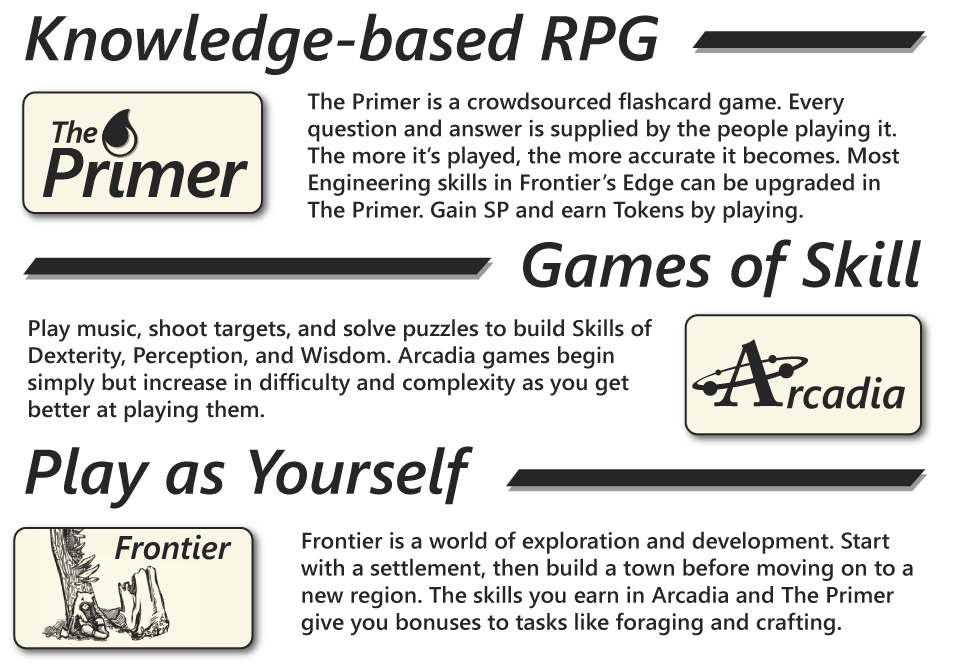




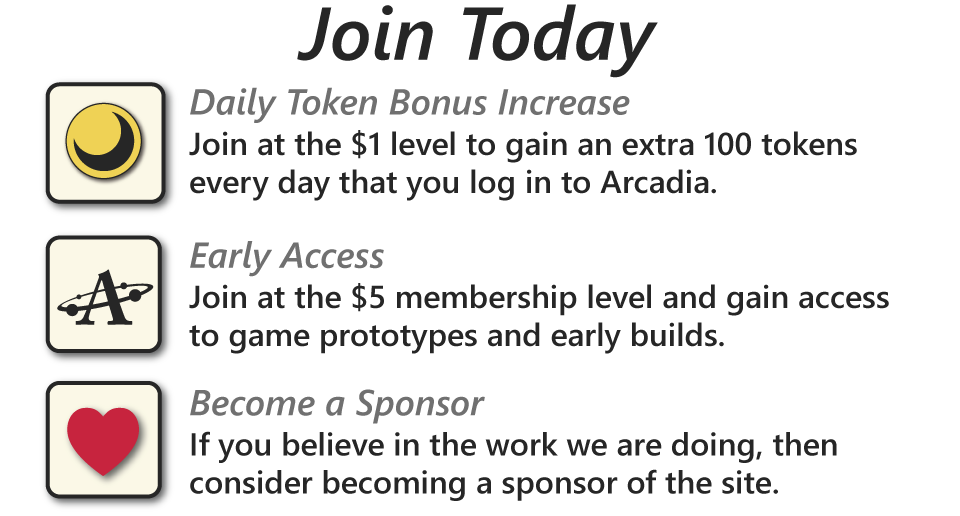

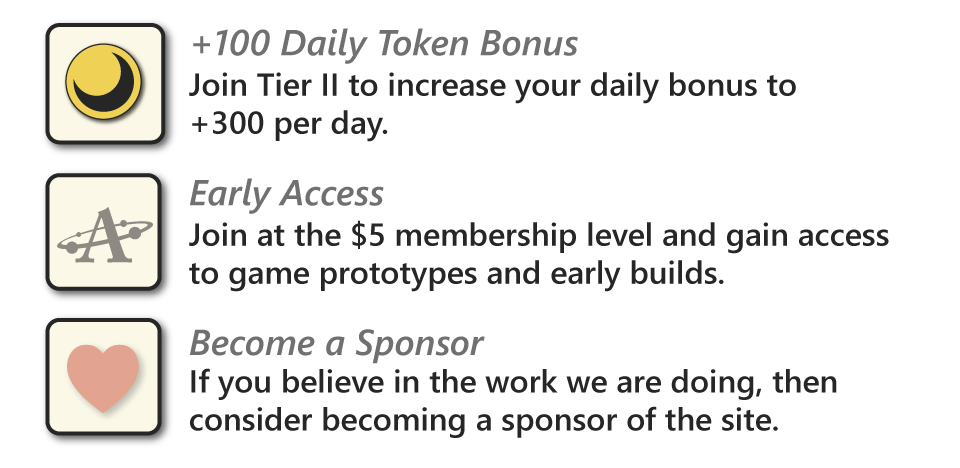


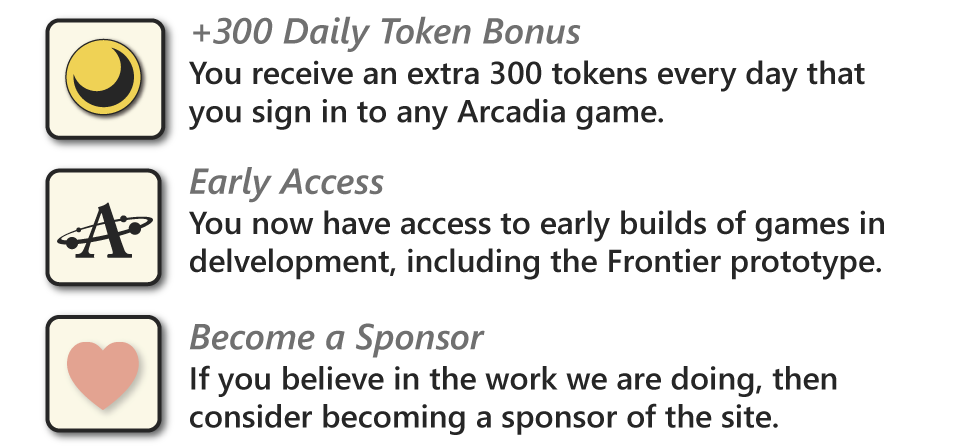

x





Beta 0.1







Beta 0.1


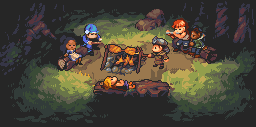
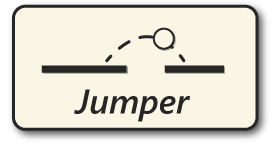
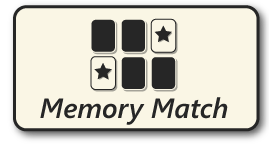
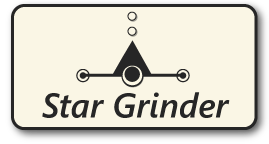
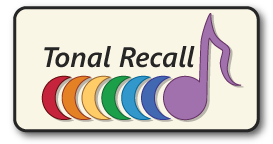
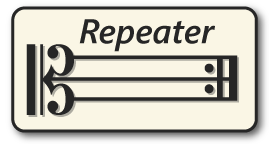
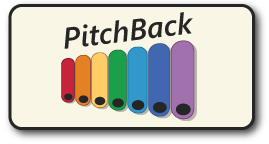
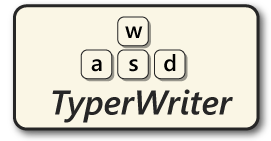
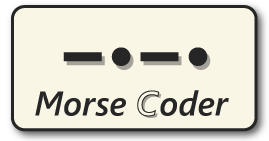
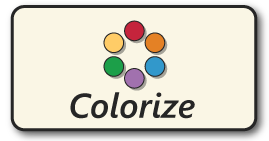
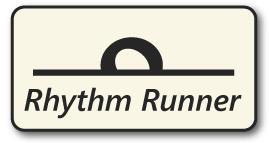
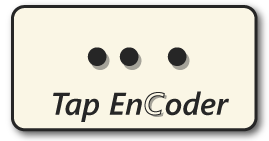
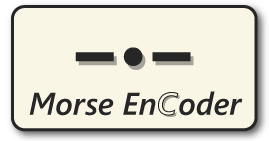
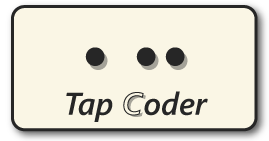


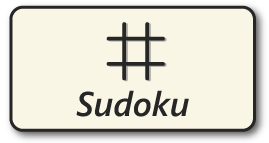
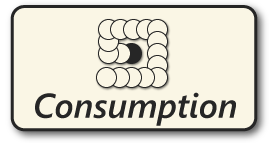
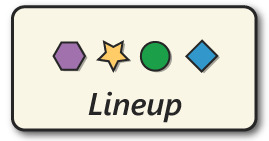
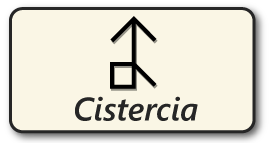
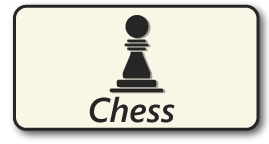
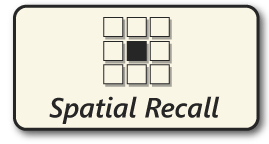
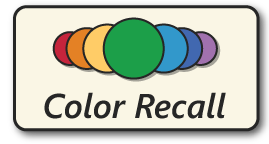
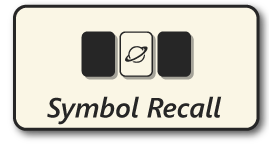
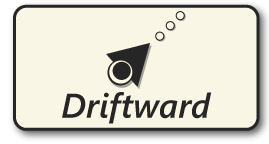
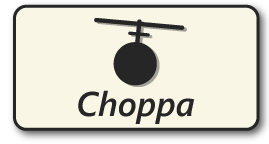
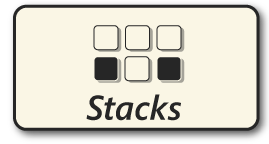
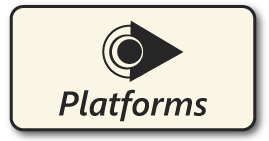















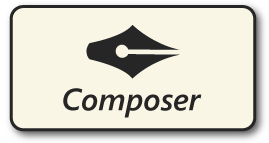

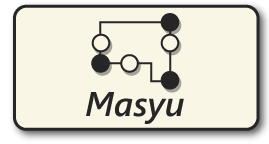
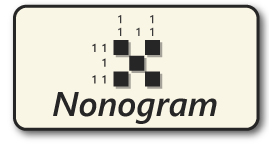
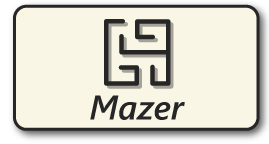
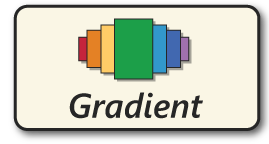
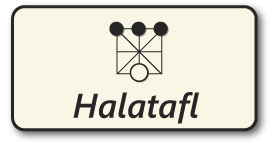
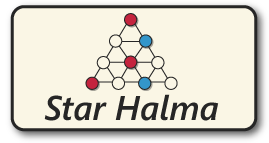
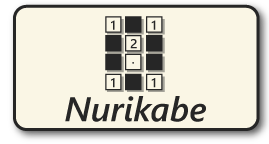
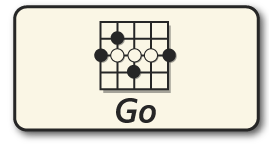
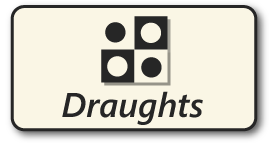
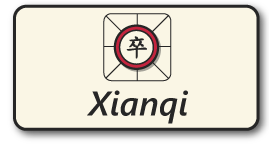
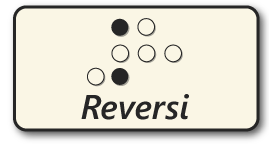
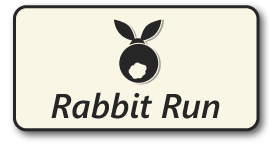
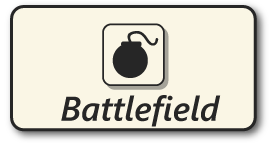
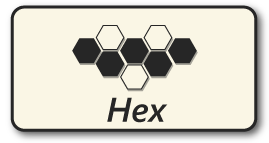
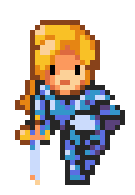
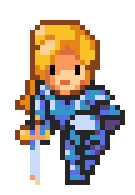
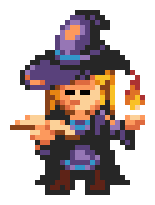
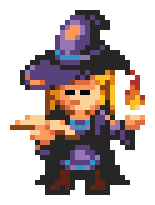
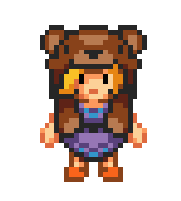
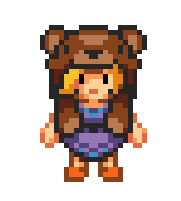
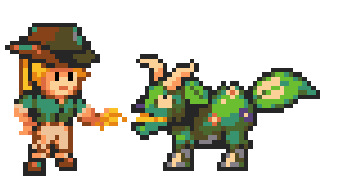
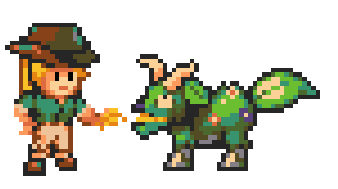
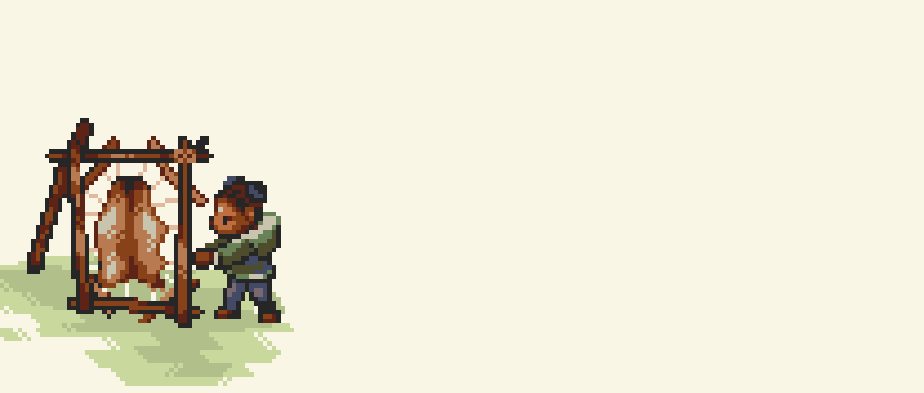
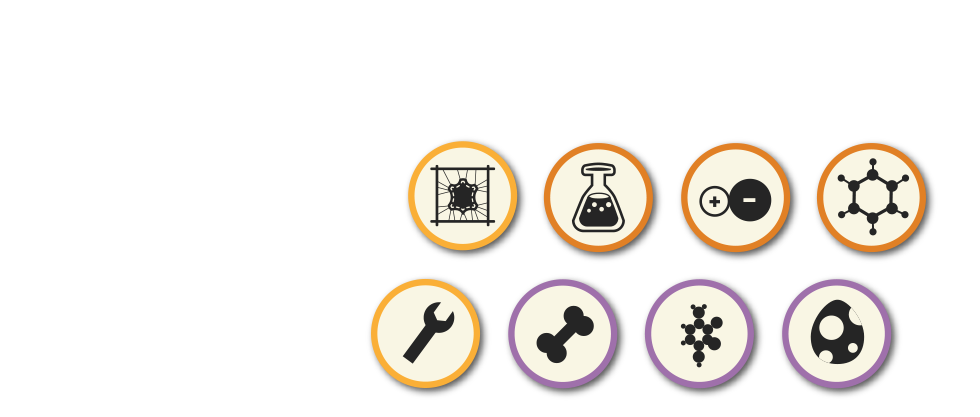

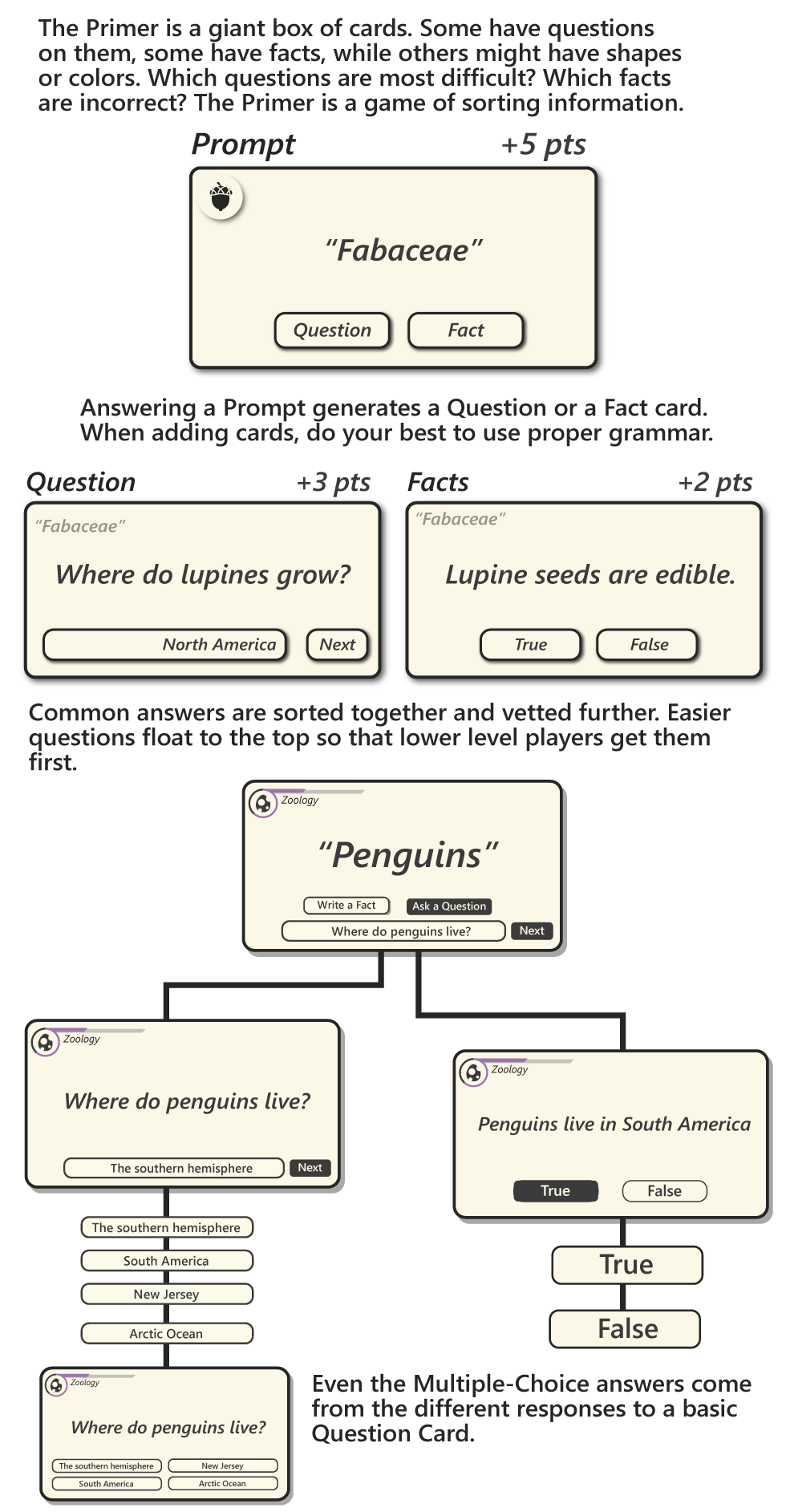
2009
382
5965
583


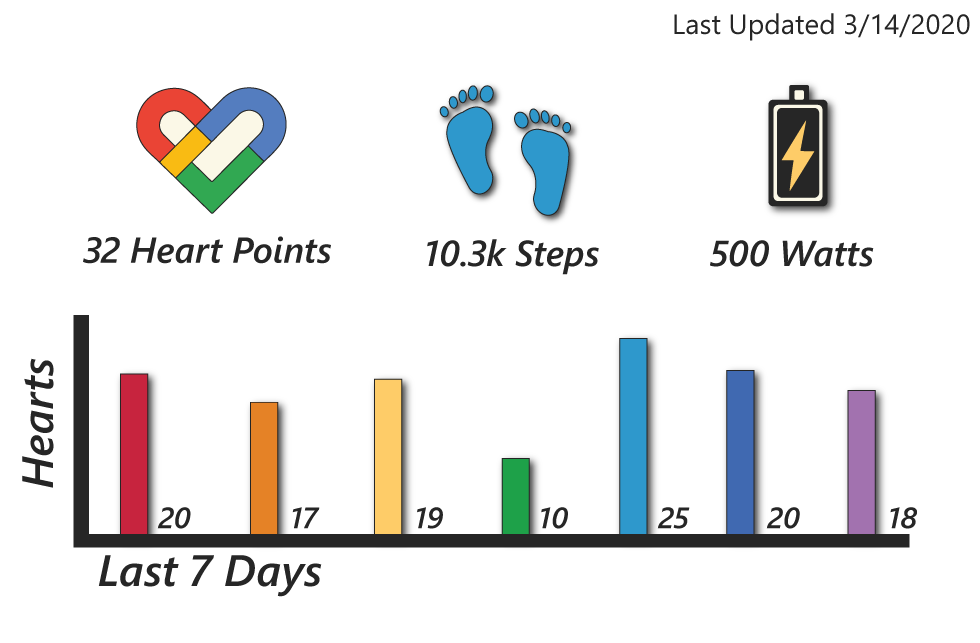








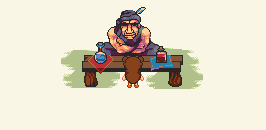

Trade in your player Level in exchange for tokens. You earned them, you can spend them. Keep in mind that each level is worth more tokens than the last.
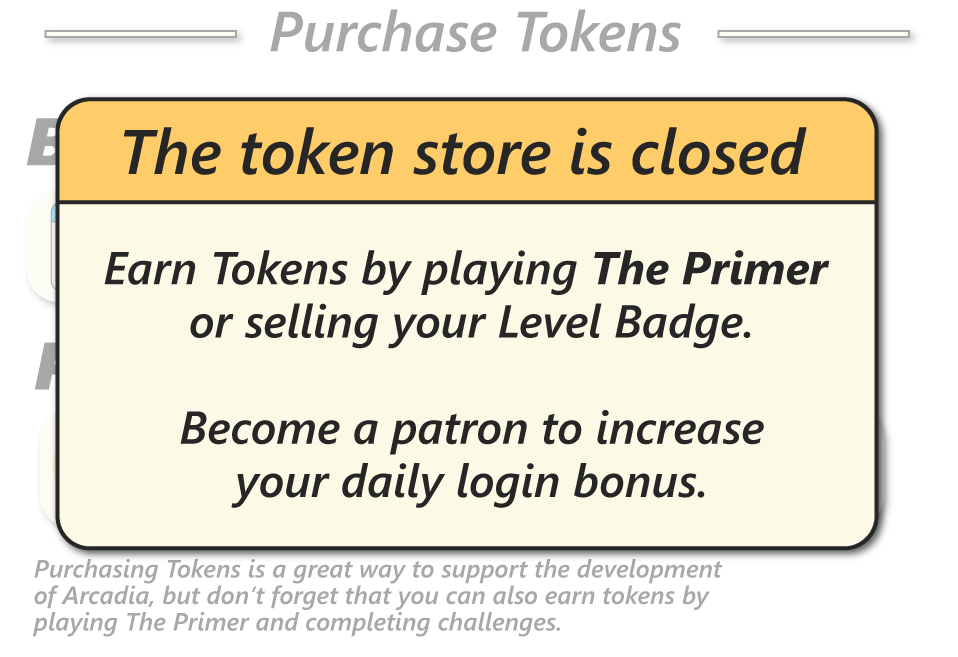
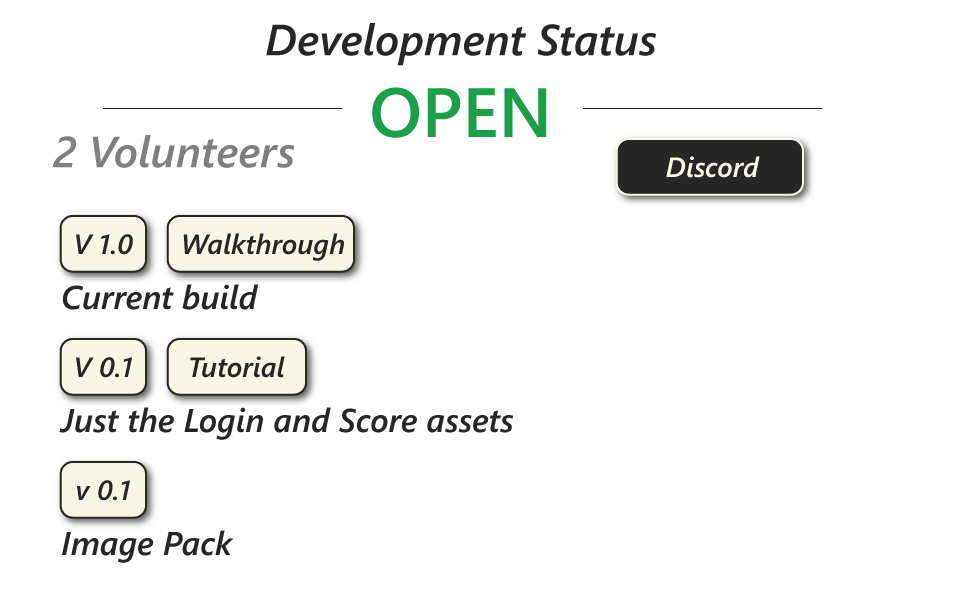
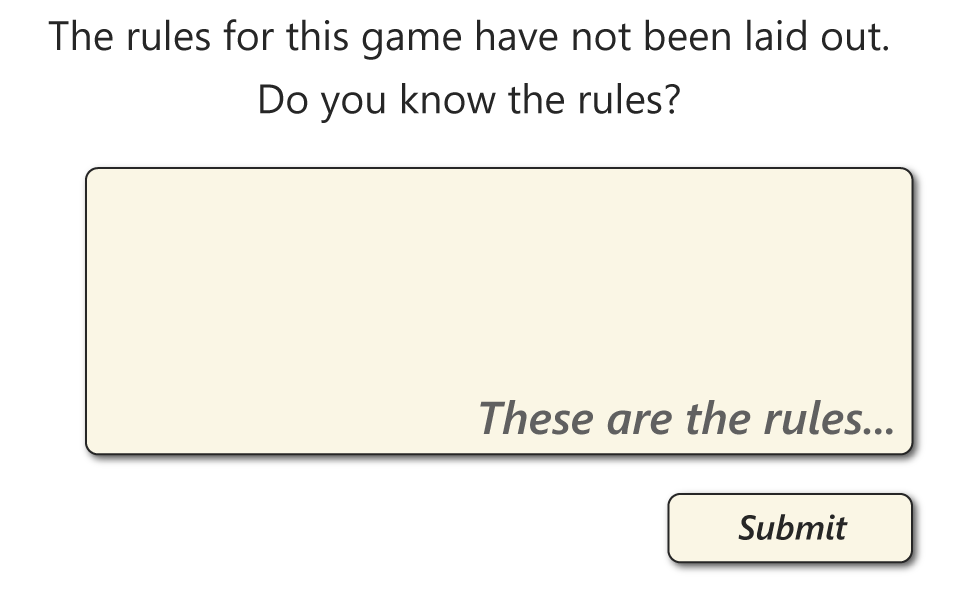
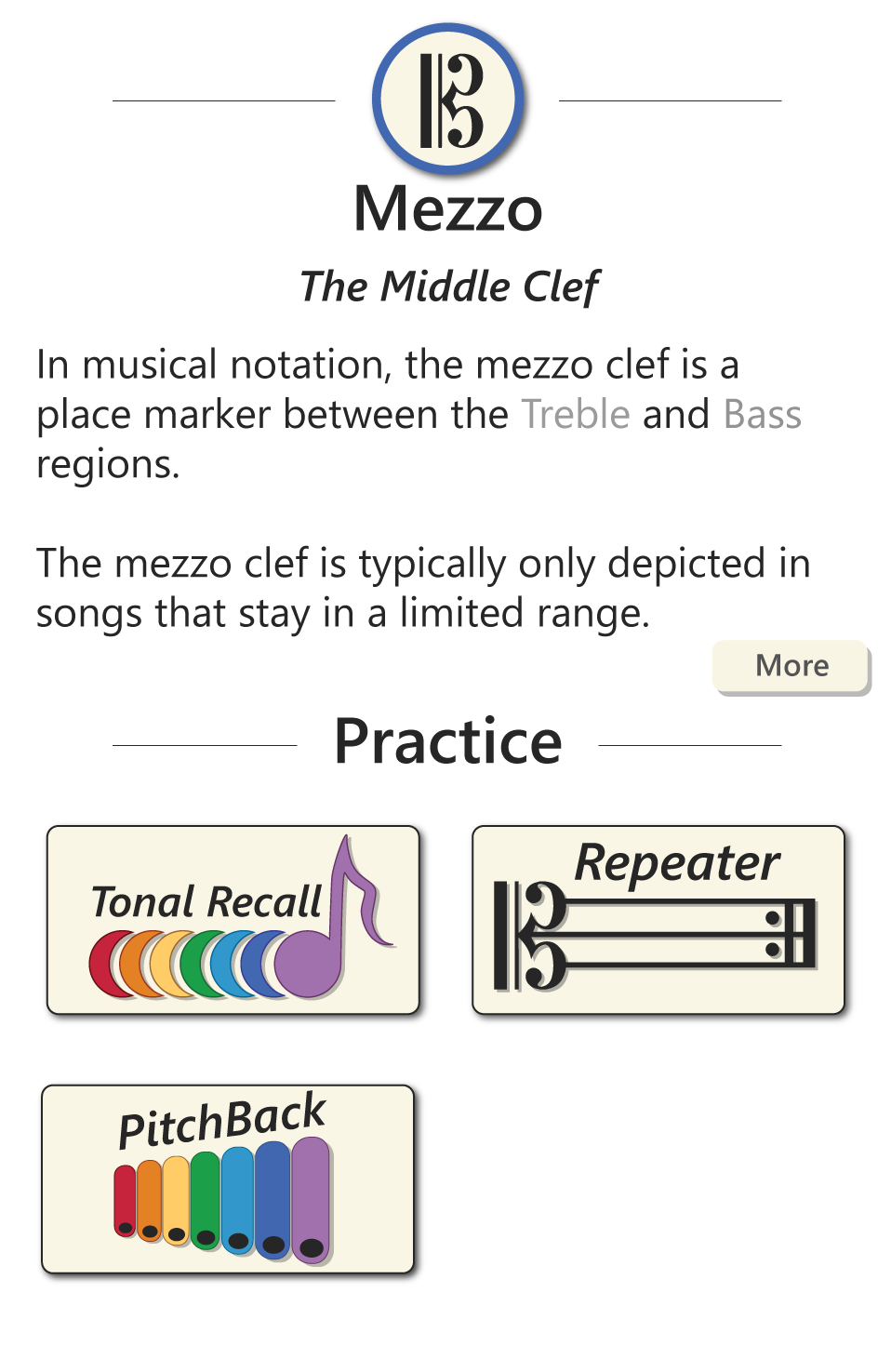
Moonlight Press Privacy Principles
Our Privacy Notice is fueled by our commitment to the following Privacy Principles:
About Moonlight Press and our Privacy Notice
Moonlight Press (“Moonlight Press”, “us”, or “we”) believes in protecting your privacy. We understand how important privacy is to you, and we are committed to creating a safe and secure environment for players of all ages. This Privacy Notice applies to moonlight-press.com, our mobile applications, our application programming interface (“API”), and online services (collectively, our “Properties”), which are all owned and operated by Moonlight Press. This Privacy Notice describes how Moonlight Press collects and uses the information you provide on our Properties, and describes the choices available to you regarding our use of your personal information and how you can access and update this information.
Our Privacy Notice describes what information we gather from our members and others who visit and use our Properties, how we use that information, and what we do to protect it. By visiting or using our Properties, you consent to the information handling practices described in this Privacy Notice.
Your use of our Properties and any information you provide on our Properties are subject to the terms of this Privacy Notice, which is incorporated into and subject to our Terms of Service. Any capitalized terms used but not defined within this Privacy Notice have the meaning given to them in our Terms of Service.
How we collect and use data
We take the information you provide to us very seriously, and we strive to put you in control of decisions around your information.
Moonlight Press collects the following information about you and your use of our Properties:
Personal Information.
When you register for, browse and use our Properties, you may provide to Moonlight Press what is generally called “personally identifiable information” or “personal data” (such as your full name, email address, or a photograph of yourself) that can be used to identify you. At Moonlight Press, we call this data “Personal Information”.
Information from Integrated Services like Facebook or Google.
If you decide to register through or otherwise grant access to a third-party social networking or integrated service (what we call an “Integrated Service”), such as Facebook Connect or Google, Moonlight Press may also collect Personal Information that is already associated with your Integrated Service account. You may also have the option of sharing additional information with Moonlight Press through an Integrated Service. If you choose to provide such information, during registration or otherwise, you are giving Moonlight Press the permission to use, share, and store it in a manner consistent with this Privacy Notice.
Information about your use of our Properties and other User-provided Information.
We may collect usage information about your use of certain features on our Properties, such as the number of games you have attempted, the number of videos you have viewed, and the amount of time spent to complete a level, or items that have been collected. This enables us to better suggest games and activities that are most appropriate for you and to create a robust player profile.
Information obtained from other Users.
We make available certain features on our Properties that allow other Users to provide us information about you. This information may include Personal Information. Generally, this occurs when parents or teachers provide information relating to a Child User. For example, a parent may register an account for their child and provide us with certain information, such as the Child’s User name and birthday.
Location Information.
We may collect and use information about your location (such as your country) to provide you with tailored experiences for your region, but we don’t collect the precise geolocation of you or your device. You may be able to change the settings on your computer or mobile device to prevent it from providing us with any location information.
Information from Other Sources.
In certain situations, we may obtain information, including Personal Information, from third parties or sources other than our Properties. For example, if you donate to Moonlight Press via Patreon, we may obtain your name and mailing address to send a thank you note, or if you apply for a job with Moonlight Press via an online recruiting site, we will obtain the information you provide in your application for that purpose. If we combine or associate information from other sources with Personal Information that we collect through our Properties, we will treat the combined information as Personal Information in accordance with this Privacy Notice.
Moonlight Press uses this information in the following ways:
To enhance our Properties and the services we provide.
Moonlight Press uses the information you provide or that we collect to enhance our relationship with you and to operate, maintain, enhance, and provide all of the features and services found on our Properties. Moonlight Press, for instance, remembers your recent activity so we can recommend the most appropriate content for you on your next visit. If you have given Moonlight Press consent, we may use your Personal Information to provide you with information about features, services and other offerings that may be of interest to you. Under certain circumstances and if we obtain your consent (for example, if you submit a testimonial and agree to make it public), we may post your Personal Information on our Properties.
To understand how you and other Users use our Properties.
Moonlight Press uses all of the information that you provide or that we collect from Users to understand and analyze the usage trends, learning behaviors, and preferences of our Users, to improve the way the Properties work and look, and to create new features and functionality. For more information, please see the “Technologies” section, below.
To enable your participation in Moonlight Press partnership arrangements.
Moonlight Press will not share Personal Information with other third-party organizations for their marketing or promotional use without your consent or except as part of a specific program or feature for which you will have the ability to opt-in. You can grant us permission to share your Personal Information with authorized partners, not-for-profit organizations, and other entities that are not affiliated with Moonlight Press. In these cases, we will only provide to these third parties the information you have authorized or asked us to share to these third parties.
Moonlight Press may send information or offers to you on behalf of these third parties. For example, if we partner with a not-for-profit organization running a contest in your region and send you an email notifying you of the partnership, we will only share your information with the third party if you opt-in to participate in the contest, and if so, the information we would share would be limited to that needed to facilitate your participation in the contest and enable you to redeem your prize.
Data Retention.
Unless we receive a deletion request, we will retain your information for as long as your account is active or as is reasonably useful for operational purposes.
Technical Information.
To provide a personalized gaming and high-quality experience for our Users, we may use various technologies that automatically record certain technical information from your browser or device, including standard log files, web beacons, or pixel tags. This technical information may include your Internet Protocol (IP) address, device or browser type, Internet service provider (ISP), referring or exit pages, clickstream data, operating system, and the dates and times that you visit the Website. We do this to better understand how our Users are using our Website so we can improve site functionality and the services we offer you.
Like most websites, whether or not you are a registered member, we may send one or more cookies – small text files containing a string of alphanumeric characters – to your computer. Cookies remember information about your activities on a website and enable us to provide you with a more personalized experience. Moonlight Press may use both session cookies and persistent cookies. A session cookie disappears automatically after you close your browser. A persistent cookie remains after you close your browser and may be used by your browser on subsequent visits to the Website. You can, however, remove a persistent cookie at any time. Please review your web browser “Help” file to learn the proper way to modify your cookie settings. However, without cookies you will not have access to certain services and features on the Website.
Moonlight Press uses a variety of third-party service providers, such as YouTube to host our videos or Google Analytics to understand our Website usage. We may allow third-party service providers to place and read their own cookies, web beacons, and similar technologies to collect information through the Website. This information is collected directly and automatically by these third parties, and Moonlight Press does not participate in these data transmissions. Moonlight Press will, wherever feasible, contractually obligate our third-party service providers to abide by the terms of this Privacy Notice.
Moonlight Press also uses Local Storage Objects (LSOs) such as HTML5 to store content information and preferences. Third parties with whom we partner to provide certain features on our site may use LSOs such as HTML5 to collect and store information. Various browsers may offer their own management tools for removing HTML5 LSOs. Please consult your browser’s “Help” function to learn more.
How we share or transfer data
Moonlight Press takes great care to protect the information you provide us. We do not rent or sell Personal Information that we collect from Users with third parties. We also take reasonable measures to restrict any collection or disclosure of Personal Information from children less than 13 years of age.
Moonlight Press will disclose User information only as described below:
If you want information shared with other Users, we’ll share it for you.
We provide certain features that may allow you to share information with other Users. For example, you may choose to populate your profile with your name, short biography, and location. Or you may ask questions that are visible to other Users of Moonlight Press. Whenever you share information with other Users of our Properties, any Personal Information that you choose to include in, or is associated with, such User Postings will be accessible by such Users. As with most online services, once you make your Personal Information available to others in any of these ways, it may be collected and used by the recipients without restriction.
We may share data with social networks at your request.
Some of our Users choose to connect their Moonlight Press account with social networks. This functionality is entirely optional. If you have explicitly agreed that we may do so, Moonlight Press may disclose your Personal Information through a social network or similar service (like Facebook or Google). To control the information that you share, you have the option of modifying your Moonlight Press or social network settings or disconnecting your social network account from your Moonlight Press account.
We may share data with third-party applications that you authorize.
Third-party application developers and service providers (commonly known as “App Developers“) may build complementary services for our platform, such as a mobile application for visually-impaired learners to access our resources. You may request we share your information with App Developers by connecting to the application or service and approving access to your Moonlight Press account. Moonlight Press has taken steps to try to ensure the safety of information accessed by App Developers and requires App Developers to comply with this Privacy Notice.
We may share anonymous or aggregate data to improve our services and learn more about our Users.
In certain occasions, Moonlight Press may work with business partners to improve our services or offerings. We may disclose automatically collected and other aggregate non-Personal Information to authorized business partners to conduct research on online education or assist in understanding the usage, viewing, and demographic patterns for certain programs, content, services, promotions, and/or functionality on our Properties.
We will share data when required by law.
Moonlight Press may also disclose User information if required to do so by law, or if we have a good-faith belief that such action is necessary to comply with local, state, federal, international, or other applicable laws (such as U.S. Copyright law) or respond to a court order, judicial or other government subpoena, or warrant, or administrative request. In some cases, we may make such disclosures without first providing notice to Users.
We may share data in the context of a change of business, including a merger or acquisition.
In the event that Moonlight Press is acquired by or merged with a third-party entity, we may transfer or assign the information that we have collected from Users as part of such merger, acquisition, sale, or other change of control.
We may share data when necessary or appropriate to protect Moonlight Press or others.
Moonlight Press may disclose information that we believe, in good faith, is appropriate or necessary to take precautions against liability; to protect Moonlight Press from fraudulent, abusive, or unlawful uses; to investigate and defend ourselves against any third-party claims or allegations; to assist government enforcement agencies; to protect the security or integrity of our Properties; or to protect the rights, property, or personal safety of Moonlight Press, our Users, or others.
Limitations on Access to your Personal Information by Employees and Authorized Parties.
Moonlight Press’s employees, agents and contractors must have a legitimate business reason to access Personal Information you provide to Moonlight Press. We may share your Personal Information with third-party service providers, including outside contractors or agents who help us manage our information activities, but they may only use your Personal Information to provide us with a specific service and not for any other purpose. Where feasible, Moonlight Press will require our third-party service providers to comply with this Privacy Notice.
You can choose to not provide us with Personal Information.
You may always decline to share your Personal Information with Moonlight Press. Registration is not required to access most of our content. If you decline to register, however, Moonlight Press will not be able to provide to you certain features and functionalities found on our Properties. You may later enable or access those features by providing Moonlight Press with the necessary Personal Information.
Child Users
Moonlight Press is committed to children’s privacy.
Protecting the privacy of young children is especially important to Moonlight Press. Moonlight Press does not knowingly permit Child Users to register directly for our Properties. If Moonlight Press learns that Personal Information of a Child user has been collected on our Properties without parental consent, then Moonlight Press will take appropriate steps to delete this information. If you are a parent or guardian (“Parent”) and discover that your child under the age of 13 has a registered account with our Properties without your consent, please alert Moonlight Press at info@moonlight-press.com and request that we delete that child’s personal information from our systems.
California Children’s Privacy Rights
If you are under the age of 18, or the parent of a User under the age of 18, residing in California, you are entitled to request removal of content or information you have posted on our Properties. If you would like to request removal of your or your child’s content or information, please email us at info@moonlight-press.com for assistance, or you can delete specific information (or delete your or your child’s account) directly. Please note that removal of your content or information does not ensure complete or comprehensive removal, as there may be deidentified or recoverable elements of your content or information on our servers in some form. Additionally, we will not remove content or information that we may be required to retain under applicable federal and state laws.
Our approach to Data Security
Data security is important to you, and to us.
To protect your privacy and security, we take reasonable steps to verify your identity before granting you account access or making corrections to your information. For example, we may ask you to provide certain Personal Information to confirm your identity, and we may require that you create and use a password to access certain parts of our Properties. You should create and maintain a strong password to help ensure the security of your account.
We try to ensure that our Properties and information sent to us are safe, but no security measures are perfect.
Moonlight Press uses certain physical, managerial, and technical safeguards designed to preserve the integrity and security of your Personal Information and other information we maintain in connection with our Properties. We cannot, however, ensure or warrant the security of any or all of the information you transmit to Moonlight Press, and you do so at your own risk. Once we receive your transmission of information, Moonlight Press makes commercially reasonable efforts to ensure the security of our systems. When you enter sensitive information, we encrypt the transmission of that information using secure socket layer technology (SSL) or similar technologies. However, please note that this is not a guarantee that such information may not be accessed, disclosed, altered, or destroyed by breach of any of our physical, technical, or managerial safeguards.
We will notify you electronically or via the Properties if Moonlight Press experiences a data security incident that could affect you.
If we learn of a data security incident that compromises or appears to compromise your Personal Information, then we will attempt to notify you electronically so that you can take appropriate protective steps. We may also post a notice on our Properties if a data security incident occurs.
How we maintain data integrity
At Moonlight Press, we only use Personal Information as needed for the purposes for which it was collected or where you have consented to our use of Personal Information relating to you. We take reasonable steps to ensure that the Personal Information we store and use is accurate, complete, and up-to-date. If you discover that Personal Information or other data pertaining to you is inaccurate, incomplete, or out-of-date, please update your account information or contact us as outlined below.
Links to other sites
The Properties may link to and may be linked by websites operated by other entities or individuals. Some of these websites, such as the Moonlight Press Facebook page, may be co-branded with our name or logo. This Privacy Notice does not apply to, and we cannot always control the activities of, such other third-party websites. You should consult the respective privacy policies of those third-party websites.
International visitors
Our Properties are operated and managed on servers located within the United States. If you choose to use our Properties from the European Union or other regions of the world with laws governing data collection and use that differ from U.S. law, then you acknowledge and agree that you are transferring your Personal Information outside of those regions to the United States and that, by providing your Personal Information on the Properties, you consent to that transfer.
Changes and updates to this Privacy Notice
Moonlight Press may modify or revise this Privacy Notice from time to time. Moonlight Press will notify Users of any changes to our Privacy Notice by posting the revised Privacy Notice with an updated date of revision on our Properties, along with a short notice of the revision posted on our homepage. We will not change how we use any Personal Information in any material way without also providing notice of the change via email to you or through the Properties, and obtaining consent to any new uses.
Moonlight Press Terms of Service
Last Updated: July 20, 2022
Welcome, and thank you for your interest in Moonlight Press (“Moonlight Press” or “We” or “Us”), which operates the web site located at moonlight-press.com and related application programming interfaces (API’s), mobile applications and online services (the “Website”). The following Terms of Service are a legal contract between you (“You”) and Moonlight Press regarding your use of the Website. Visitors and users of the Website are referred to individually as “User” and collectively as “Users”.
PLEASE READ THE FOLLOWING TERMS OF SERVICE CAREFULLY. BY REGISTERING FOR, ACCESSING, BROWSING, OR USING THE WEBSITE, YOU ACKNOWLEDGE THAT YOU HAVE READ, UNDERSTOOD, AND AGREE TO BE BOUND BY THE FOLLOWING TERMS AND CONDITIONS, INCLUDING MOONLIGHT PRESS PRIVACY NOTICE AND ANY ADDITIONAL GUIDELINES (AS DEFINED BELOW) (COLLECTIVELY, THE “TERMS”).
IF YOU ARE A PARENT OR GUARDIAN AND YOU PROVIDE CONSENT FOR YOUR CHILD TO REGISTER WITH THE WEBSITE, YOU AGREE TO BE BOUND BY THESE TERMS OF SERVICE IN RESPECT OF SUCH CHILD’S USE OF THE WEBSITE.
Table of Contents:

